But the solar panels that generate that energy don't last forever. The industry standard lifespan is about 25 to 30 years, and that means that some panels installed at the beginning of the current boom will not take long to retire. As a general rule, solar panels last between 25 and 30 years. However, this does not mean that they stop producing electricity after 25 years, it just means that energy production has declined by what manufacturers consider to be a significant amount.
You can count on most photovoltaic solar panels to last 25 years before they start to degrade noticeably. Most solar panel companies offer a standard 25-year warranty for the expected life expectancy of solar panels. After 25 years, your solar panels won't necessarily need to be replaced; however, your ability to absorb sunlight will be reduced. Solar panels last about 20 years, says Federal Trade Commission.
But the answer is much more than that. The exact number would depend on several factors, such as the type of panel, the way the system is installed, the climate you live in, and the maintenance. The good news is that, with proper maintenance, your panel can work for 40-50 years. Read on to learn how you can make your panel last as long as this one.
Good solar panels can last 20-30 years, but there isn't necessarily a date when you need to replace yours right away. It is more important to pay attention to your productivity. If your solar panels are still in good condition and produce enough electricity, they may not need to be replaced. On the other hand, if you find that your electricity bill is going up because your solar panels are no longer working, it's probably time to replace them.
So a question I often hear is how long do solar panels last and what can be done to increase their lifespan. Next, we will answer the question of how long solar panels last, as well as some of the factors that affect their lifespan and how you can make them last longer to capture the most rays for your money. That's why you should always turn to an MCS accredited company for the installation of your solar panels, and you need to make sure that your installer is a qualified and experienced professional. The best thing you can do to ensure the longevity of your solar system is to find a reputable solar installer.
Finally, a good solar energy supplier will carry out regular maintenance checks to ensure that everything is working properly. Solar panels also come with a few different warranties that can give you an idea of how long you can expect the life of your solar panel to last. It is also important to check the panel output on a regular basis, either through the inverter or the monitoring system. Because solar panels don't require moving parts, they are also less likely to “break” or need repair.
The average rate of degradation of solar panels is around 0.5%, which simply means that the energy production of a solar panel will decrease at a rate of 0.5% per annum. Manufacturers determine that the “life of the solar panel ends once the production of the panels drops below 80%, but that does not mean it is useless. Solar panels aren't immune to this, and it's those constant comings and goings that put them under tension and create those little cracks. Your solar panels will be able to offset your electricity consumption for decades, but it's also important to understand industry projections and degradation rates.
One way that solar panel degradation occurs is through microcracks that form in the silicon of solar cells. To determine the projected production of your solar panels after a certain number of years, you can simply multiply the rate of degradation by the number of years you are interested in and subtract that number from 100%. .
solar power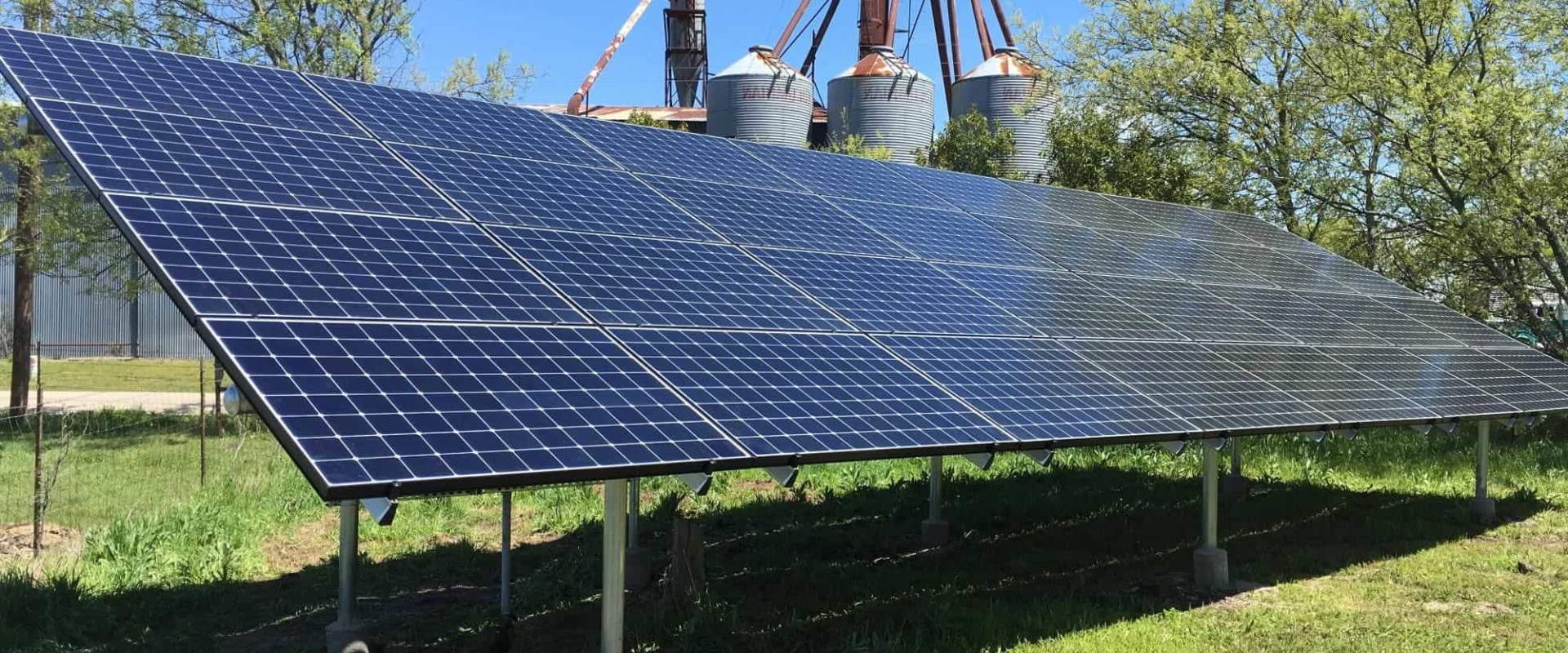
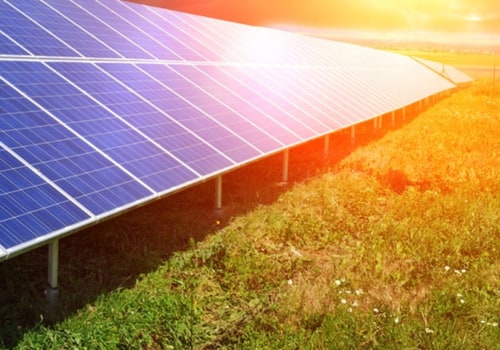
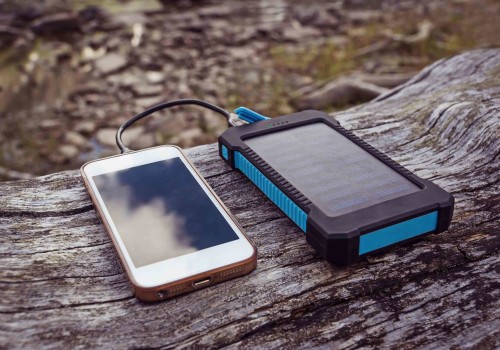
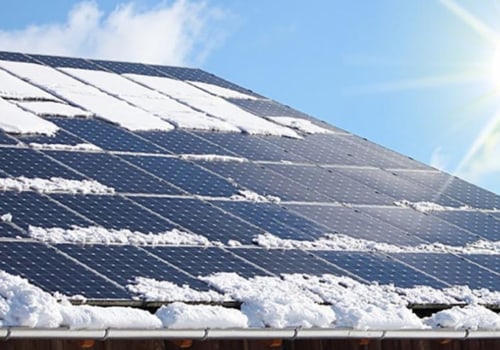
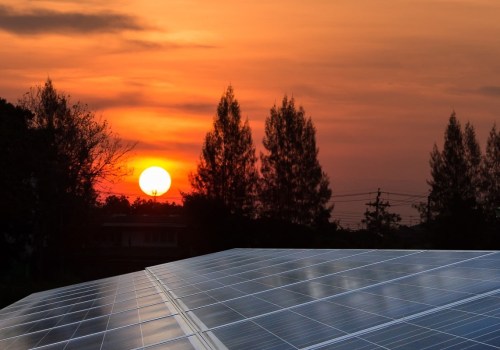

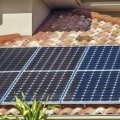
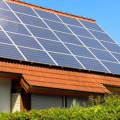




Leave a Comment